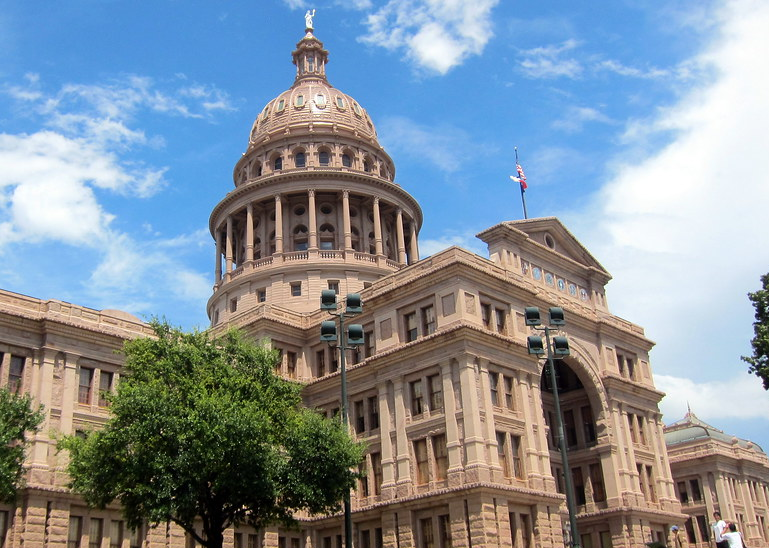Texas lawmakers just let a major bill die, sparing the state’s booming hemp THC industry from a total shutdown. Senate Bill 6 aimed to ban all products with even a trace of certain cannabinoids, but it stalled in the House amid chaos. This move protects billions in business, yet top Republicans promise the fight is far from over. What’s next for sellers and users?
The Dramatic End to Senate Bill 6
Lawmakers in Texas wrapped up their second special session late Wednesday without passing Senate Bill 6. The bill would have outlawed consumable hemp products with any detectable THC or other cannabinoids beyond basic CBD.
This failure marks a huge win for the hemp sector, which has grown fast since Texas legalized consumable hemp in 2019. Sales of items like delta-8 gummies and drinks have exploded statewide.
The industry dodged a bullet that could have wiped out thousands of jobs and shops. Lt. Gov. Dan Patrick, a strong backer of the ban, shared his frustration on X, saying his stance on a full THC ban stays firm.
The session ended in a stalemate between the Senate and House. The Senate pushed hard for the bill, but House members couldn’t agree on details. Some wanted regulations instead of a blanket ban.

Economic Impact of the Reprieve
The hemp THC market in Texas is worth about $5.5 billion, according to a recent report from MJBizDaily, a cannabis business news outlet. This estimate covers edibles, drinks, and other products sold in stores across the state.
Without the ban, businesses can keep operating. Local shops in places like Austin and Houston report steady sales, with many owners breathing a sigh of relief.
For example, a Central Texas hemp shop owner told reporters they feared closing doors if the bill passed. Now, they can focus on growth.
This reprieve affects everyday people too. Many use these products for pain relief or relaxation, and a ban would have limited options. It also saves tax revenue for the state, as sales bring in millions each year.
Here’s a quick look at the market’s scale:
- Annual sales: $5.5 billion
- Jobs supported: Thousands in retail and farming
- Popular products: Delta-8 edibles and beverages
Political Battles Behind the Scenes
The push for Senate Bill 6 came from Republicans like Patrick, who see hemp THC as a loophole in drug laws. They argue these products skirt marijuana rules and pose risks, especially to kids.
Gov. Greg Abbott vetoed an earlier version of the bill, showing cracks in party unity. Democrats and some business-friendly Republicans opposed a full ban, preferring rules like age limits and testing.
During the session, House chaos from a Democratic walkout over redistricting delayed progress. This left the bill stuck, unable to move forward.
Advocates for hemp point out that federal law allows these products under the 2018 Farm Bill, as long as THC levels stay below 0.3%. Texas followed suit in 2019, sparking the industry’s boom.
One key study from the Texas Department of State Health Services in 2024 highlighted safety concerns but also noted low rates of serious issues from proper use.
What’s Next for Texas Hemp?
While the ban failed this time, Patrick vows to bring it back when the full Legislature meets in 2025. “We looked hard for common ground and just never could find it,” he said in a statement.
Hemp groups are gearing up for the fight. They plan to lobby for smart regulations that protect consumers without killing the market.
Some lawmakers suggest compromises, like banning sales to minors or requiring lab tests. This could address worries about unregulated products.
The debate touches on bigger issues, like states’ rights versus federal hemp laws. Texas isn’t alone; other states have tightened rules on delta-8 and similar items.
In a rare move, a table of recent state actions shows the trend:
| State | Action on Hemp THC | Year |
|---|---|---|
| Texas | Ban failed | 2025 |
| Florida | Strict limits | 2024 |
| Colorado | Regulated sales | 2023 |
This failure might inspire more research. A 2025 survey by the Hemp Industries Association found 70% of Texans support legal hemp products with safeguards.
As the dust settles, users and businesses watch closely. The $5.5 billion industry hangs in the balance, but for now, it’s business as usual.
